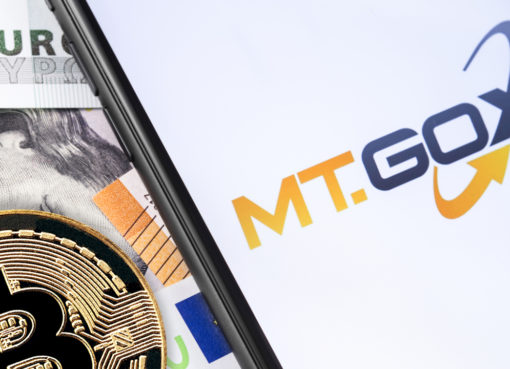On this Speaking of Bitcoin episode, join hosts Adam B. Levine, Andreas M. Antonopoulos, Stephanie Murphy & Jonathan Mohan for an in-depth discussion about what’s really at risk when blockchains suffer the dreaded 51% attack.
On today’s show we’re talking 51% attacks, the much discussed, infrequently seen and fairly misunderstood doomsday scenarios. It’s a topic of discussion that’s recently re-emerged as Ethereum plans its transition to Proof-of-Stake and fork Ethereum Classic is hit by its third in less than a month.
Although the numbers may change, basically any blockchain you can imagine is vulnerable to some form of the so-called 51% attack. By distributing the power within a protocol, say to miners instead of a corporate board, blockchains and other decentralized systems create and maintain a “Consensus Reality”, where what most of the network believes to be true is true, or becomes true for the entirety of the network.
If you think about it, this makes sense. Each blockchain creates a game with a distinct set of rules that need to be followed for the thing to work. It requires lots of people who don’t know each other to individually follow those rules and get rewarded by the system for doing so. The assumption underlying all of these systems is that most of the people are going to be compelled by the offered rewards to follow the rules. Even if a lot of people aren’t following the rules, they’re probably breaking them in different ways rather than working together.
In a 51% attack, that assumption is broken as most, or at least enough of the network is overcome by bad actors who aim to rewrite reality in their favor.
It’s a real problem, one of the biggest blockchains face, especially less popular ones… But even if you could pull one off, the outcome might not be as bad as many fear.
But what is actually at risk? What’s possible and what’s safe? Tune in to find out.




